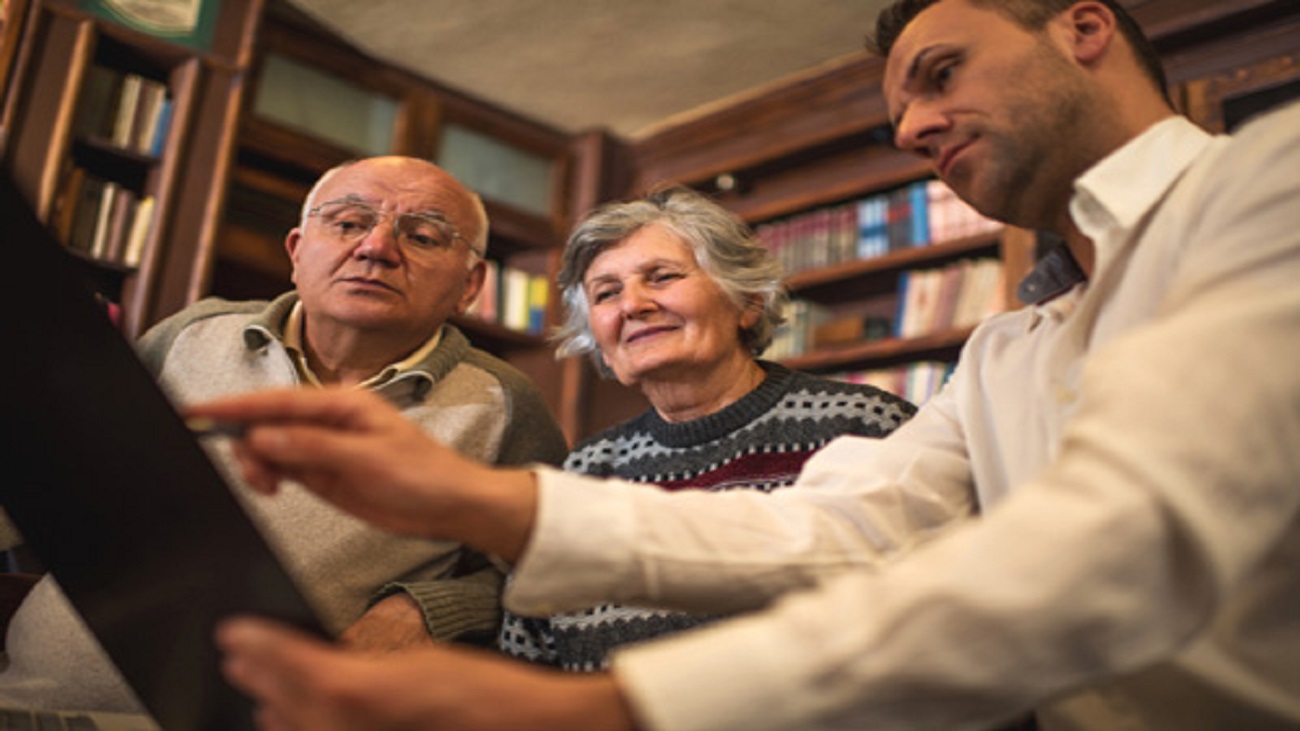
Millions of over 65s experience bad customer service because of their age
New research by The Institute of Customer Service has revealed that 1.3m over-65s in the UK have experienced bad customer service, or been treated badly, because of their age.
Its survey found that of those who had been treated badly, the most common experiences were being patronised (57% of respondents), not being taken seriously (47%) and being overlooked or ignored (46%). Interestingly, it found that only half (47%) of over 65s who had been treated badly said they had lodged a complaint, but three-quarters (76%) had told friends and family about their experience.
The Coronavirus pandemic has had an enormous impact on our lives, and a third of over-65s (32%) said it has changed their needs as an older customer, with more people shopping online.
The research asked over-65s for their experiences, and for many it can be summed up in two responses: ‘We’re old, not stupid’ and ‘Keep it simple and straightforward, but do not treat older people like children’. The Institute is calling on businesses to be aware of the needs of older customers, and it is urging them to steer clear of patronising or demeaning interaction with over-65s.
Jo Causon, CEO of The Institute of Customer Service, comments:
“The past year has seen a significant shift in consumer behaviour across all demographics and sectors. As organisations adapt their offering to meet changing demands, they should not overlook the needs of older customers. The older demographic have different needs, requirements and abilities – and a ‘one size fits all’ approach to customer service runs the risk of either excluding them all together, or as we have increasingly seen – patronising or dismissive interactions.
“The value of the so-called 'silver pound' cannot be understated. Older customers are not only more loyal to brands they have a positive experience with, but are highly likely to tell friends and family if they receive poor service.”
The survey also found that over-65s are turning to friends and family for support. More than three-quarters (76%) said there was someone who could help them use online services, should they need to, but for many older people that wasn’t necessary.
Causon continues:
“Half of respondents rate their competence using technology as ‘fairly high’, with 83% saying they would be likely to use technology to access a company’s services. These results should serve to challenge some stereotypical views about over 65s and encourage organisations to think harder about how they better serve the needs of this demographic.”





